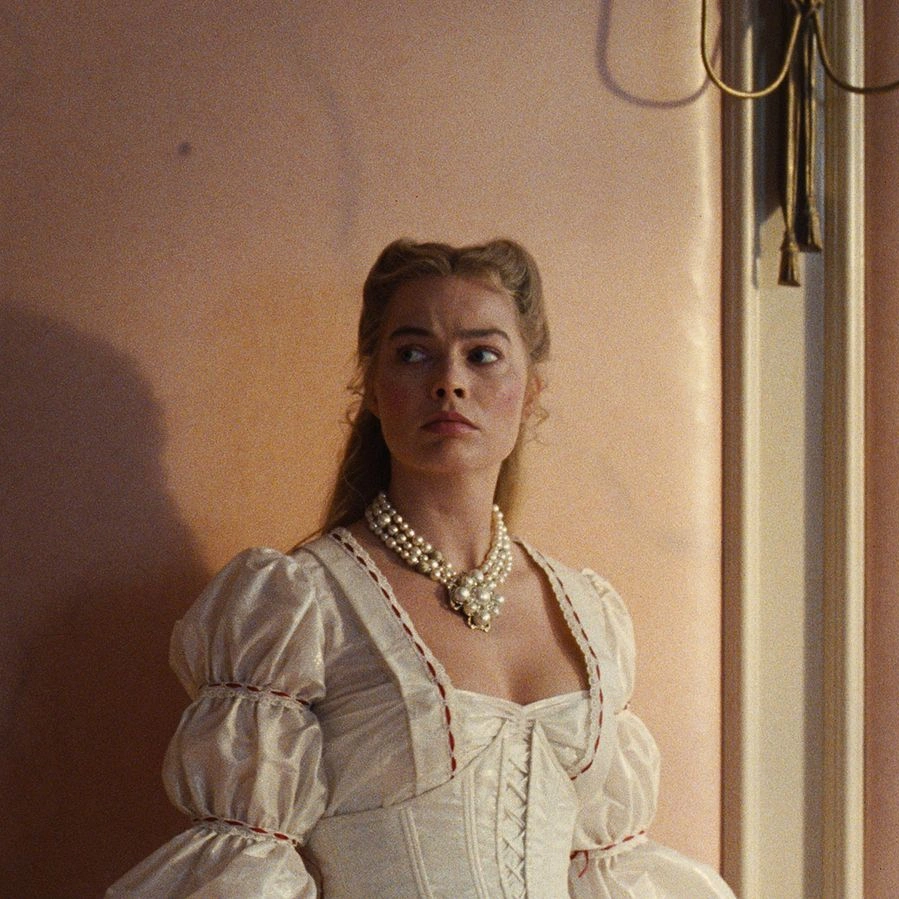Earlier this year, when I told a friend I was excited to watch Green Day, a band whose discography I had followed for a better part of my life, perform in India, she scrunched her nose and vehemently shook her head to say she wasn’t going to be in town. I repeated myself: I was excited about seeing Green Day. It wasn’t an invitation; I was simply declaring my intention of attending the concert alone. “Wait, you mean all by yourself?” she enquired with mild alarm.
After years of being told that taking yourself out to travel alone, eat alone, or watch a movie alone can feel empowering, we, in 2025, are still struggling to suppress our judgement of anyone who enjoys spending time alone. Because being alone in social contexts—eating, partying, and concertgoing—is considered synonymous with being lonely. That or of course it’s your Plan B, a last resort when your group chat goes mute on your “Wanna go?” text.
Reddit has threads discussing the benefits of going to concerts alone: “It’s actually kind of nice to be able to float around the room and find a good spot without worrying about anyone else,” says a user who goes by @thesongsinmyhead. Another, who goes by the handle @disagreeablemale, echoes my thoughts: “Going to concerts or other events alone can be nice because you’re not dictated by what the group wants to do. You don’t have to wait outside the bathroom for someone or for them to get out of the merch line. Just relax, grab a drink, and enjoy the music.”
But why do we need the reassurance of a Reddit rabbit hole? And why has doing things alone always had such a bad rep. Earlier this year, for example, the World Happiness Report announced that one sign that Americans were unhappy today were the increasing incidences of solo dining—because what can be more depressing than enjoying your blackened salmon burger without the bonus of a mid-chew life update? But what if I told you: watching a concert alone felt…liberating.
Now I know what you’re thinking. But no, I’m not friendless or antisocial or even socially awkward. I do have people in my life—the community worth living for. They just happen to be studying abroad, drowning in deadlines, or allergic to large crowds and the eardrum-splitting, toe-crushing chaos of live music. But Green Day at Lollapalooza in my city? Try and stop me.
Without the usual fanfare of outfit coordination or the stress of syncing arrival times, I arrived at Lolla just when the sun was setting. I didn’t know that everyone there was complaining about phone networks being patchy because who did I have to call? I just plonked myself at a spot near the stage where I wanted to be.
No one actually tells you this, but the spontaneity in the solitude is empowering: you don’t have to check if you should go eat or watch that band; you can just follow your mood. By the time Billie Joe Armstrong walked on stage, I had already adopted a group of friends who were initially surprised by my fangirling: “You came to watch them alone? I could never do that,” they had commented. By the time the crowds were chanting “I walk a lonely road” from ‘Boulevard of Broken Dreams’, no one really cared if I was there alone or not. We had built a camaraderie of off-key fans.
Music and concerts, in particular, unlike lunches and movies, are still considered a collective ritual. Think of the first mixed tape you made and shared with your BFF? Or the playlist you curated for a family road trip. Music has long been a medium for connection. At Taylor Swift concerts, Swifties unite with their friendship bracelets under the stage lights. Music, somehow, has always been tied to memories and moments that feel bigger because they’re shared. And that’s something, yes. But it also furthers an unspoken belief that the joy of an event multiplies when shared with people, almost as if it only counts when witnessed.
Concerts, with all the lights and the crowds, seem like the ultimate “shared” experience. But being alone in a crowd can feel oddly freeing. It’s somewhat easier to belt out your favourite song with thousands of strangers who will likely never see you again. It’s chaotic and grounding all at once. There’s no performative fun; just pure, unfiltered enjoyment. You can dance if you want, stand still if you want to, cry to the song that you love, and the crowd is none the wiser. Besides, what sparkling conversations are you expecting over a drum solo?
And if ever, between a set list, the silence of solitude starts to feel awkward or make you feel a wee bit self-conscious, turn to other people. The thing about concerts is that everyone’s there to have fun, and people in such settings are not unfriendly. So, ask someone: “Have you seen the band before?” and then just wait for the music to fill the gap. But if all things fail and the awkwardness persists, you can always mindlessly scroll your phone.
Me? I didn’t need that.


